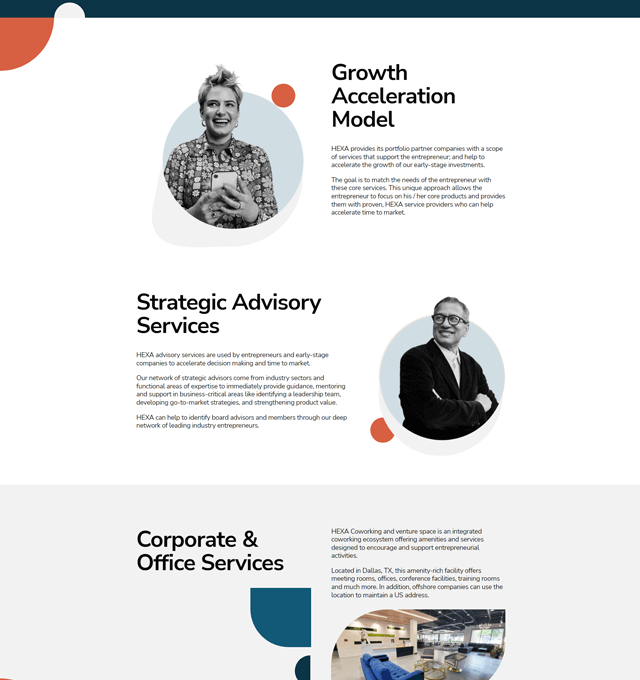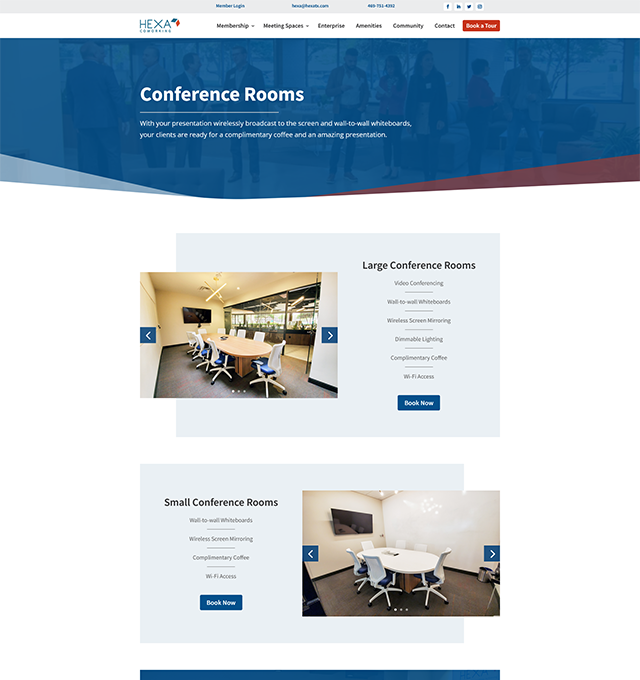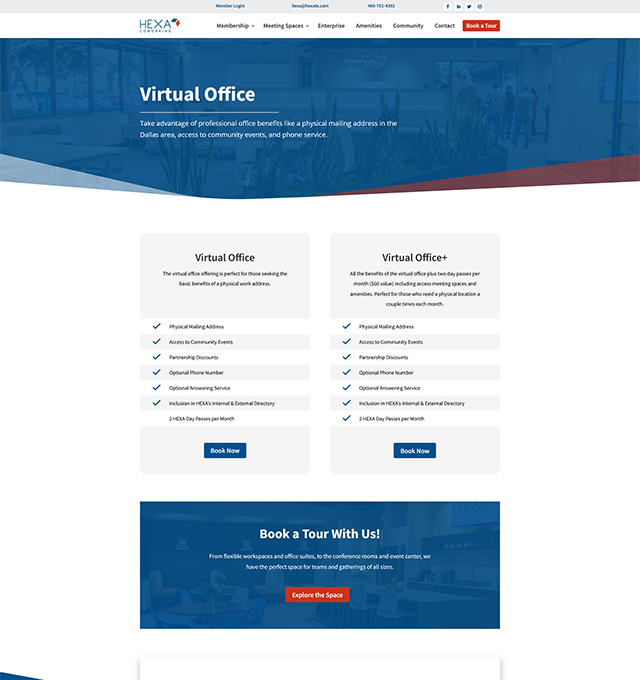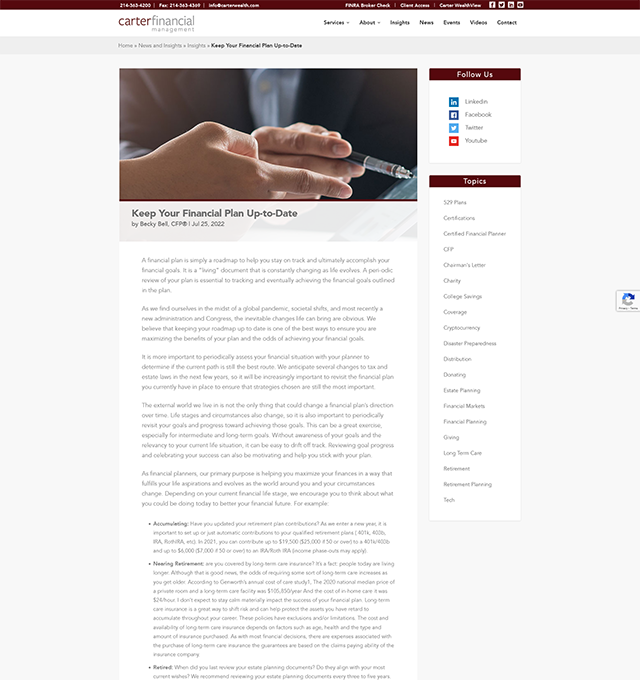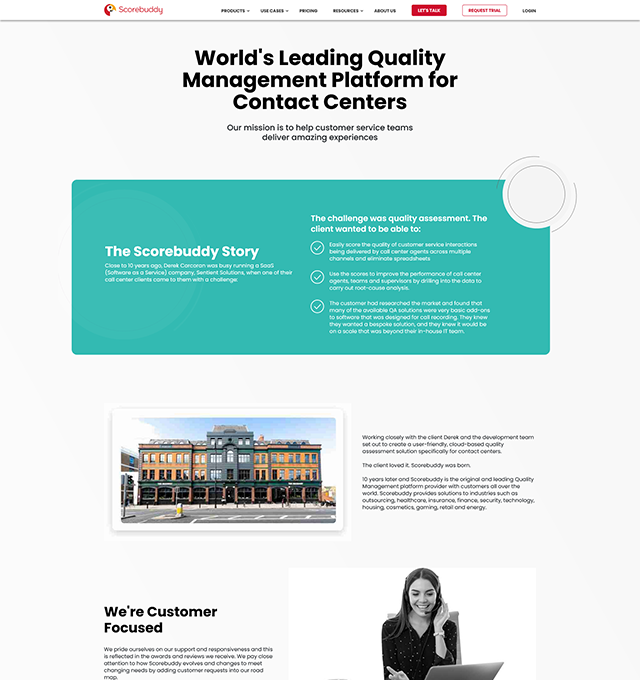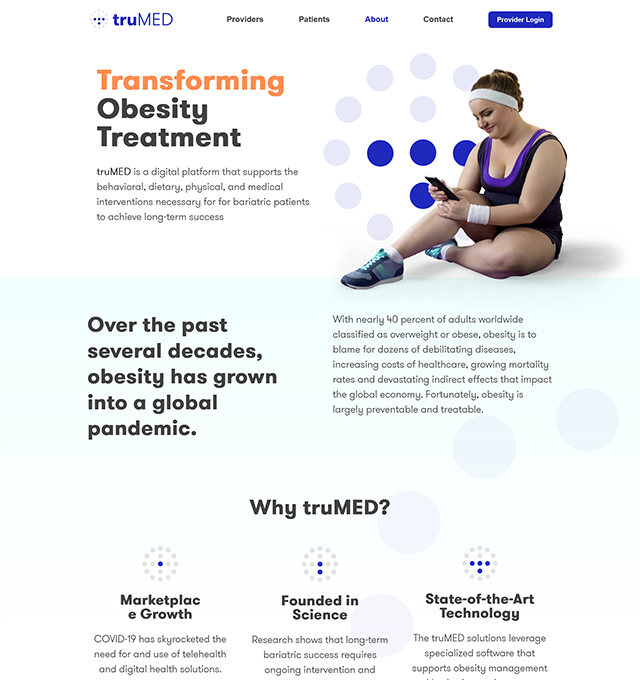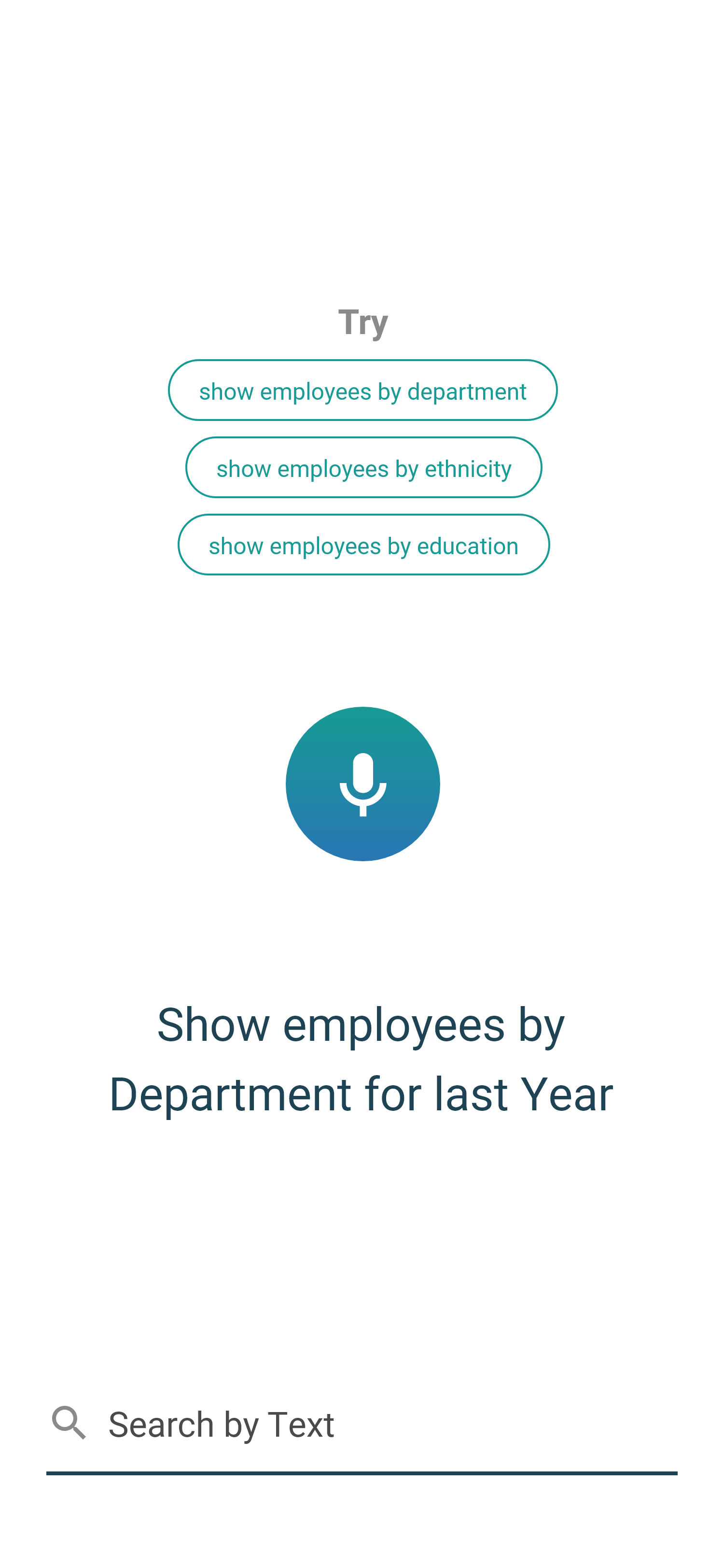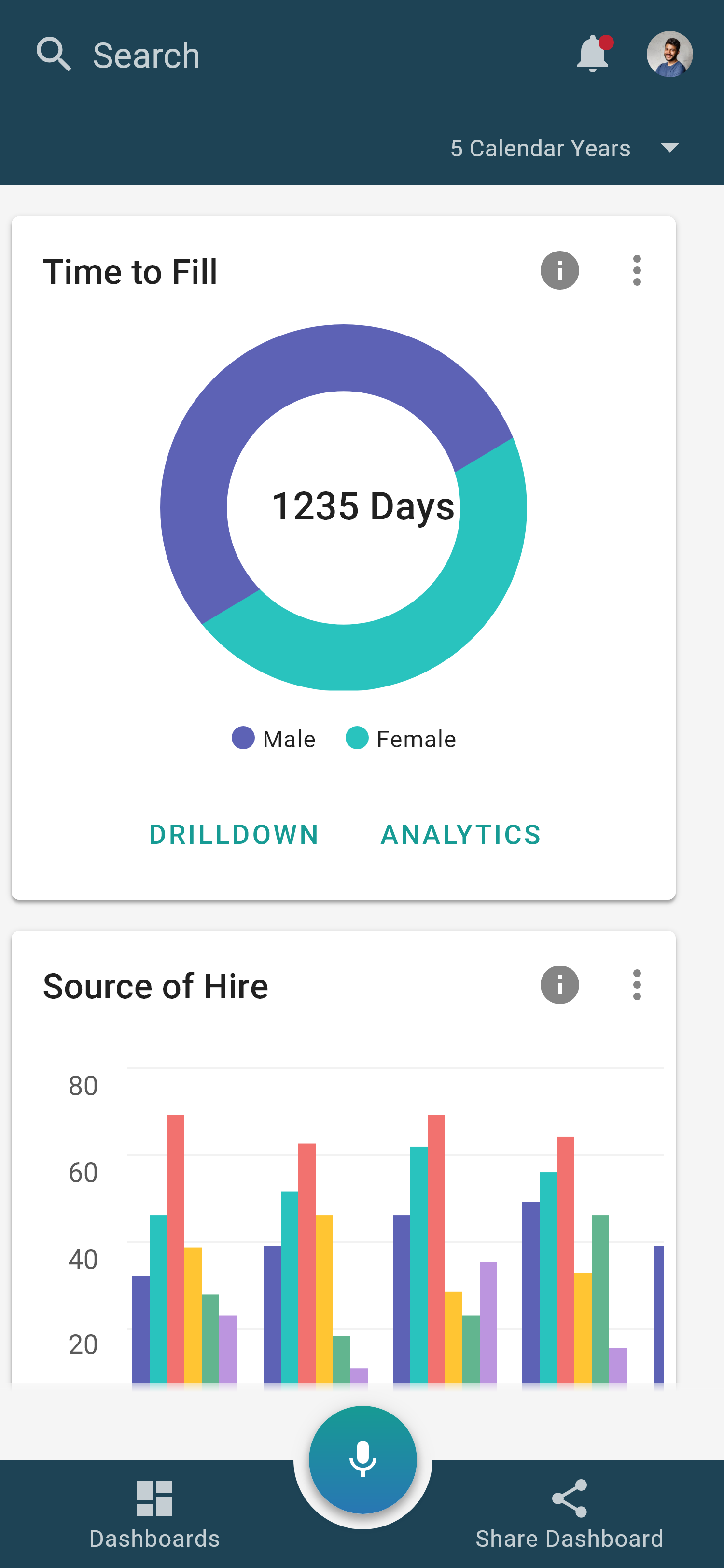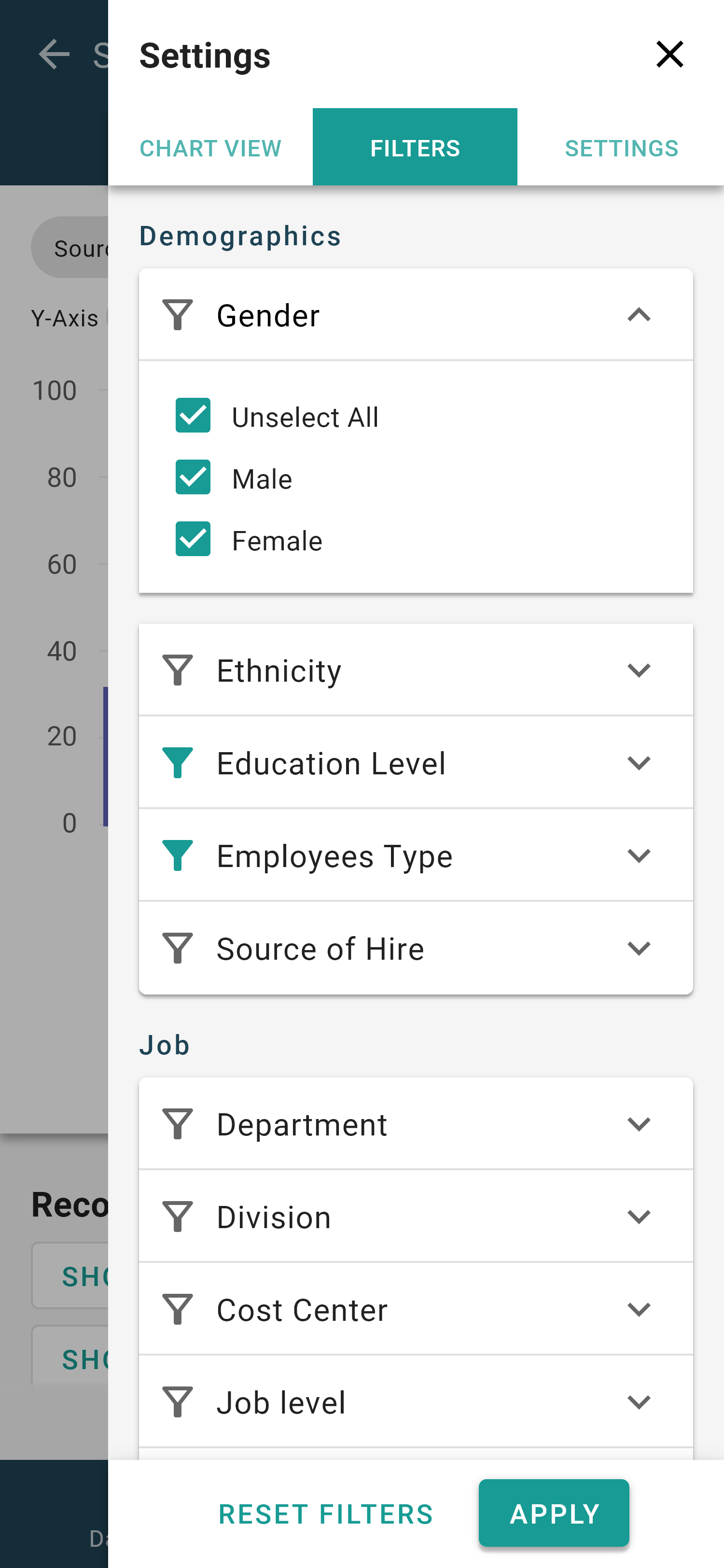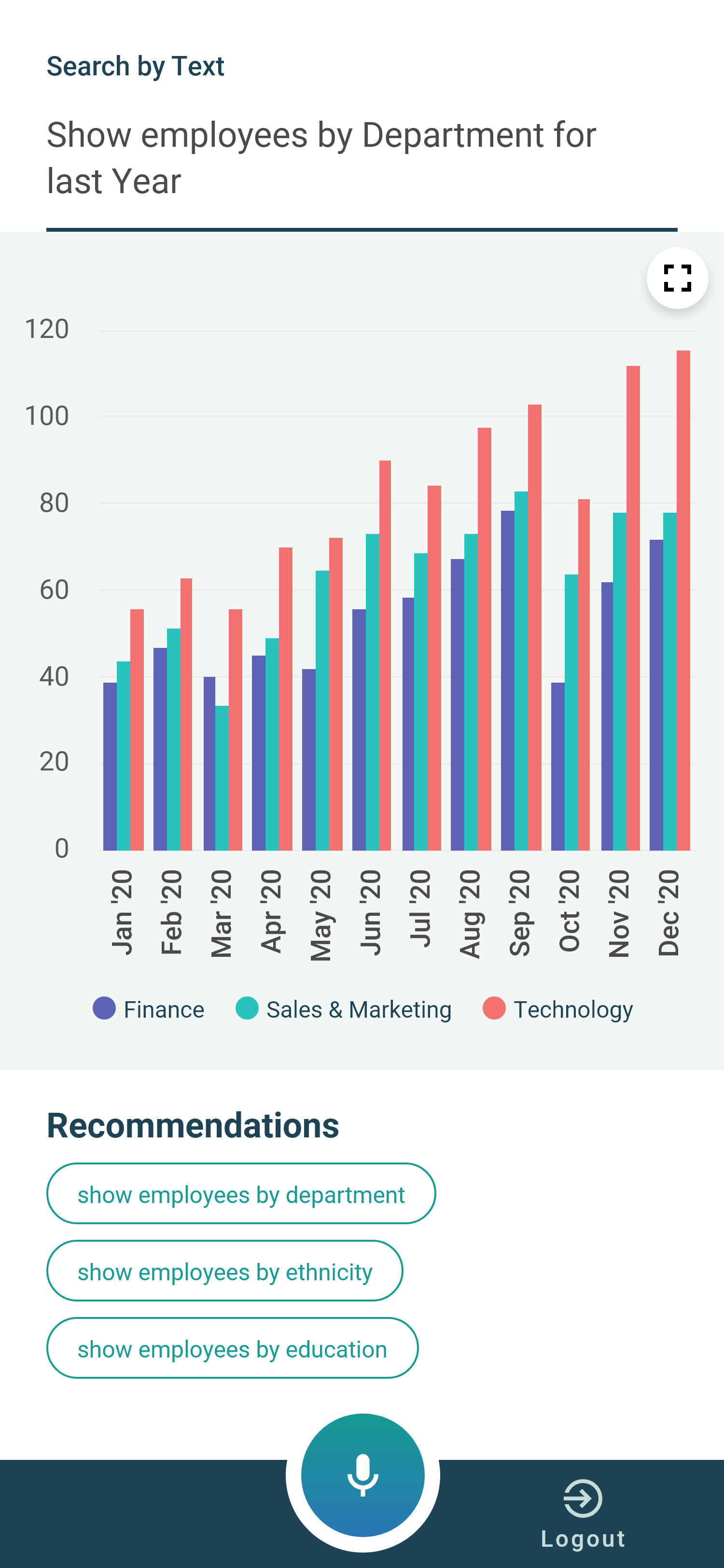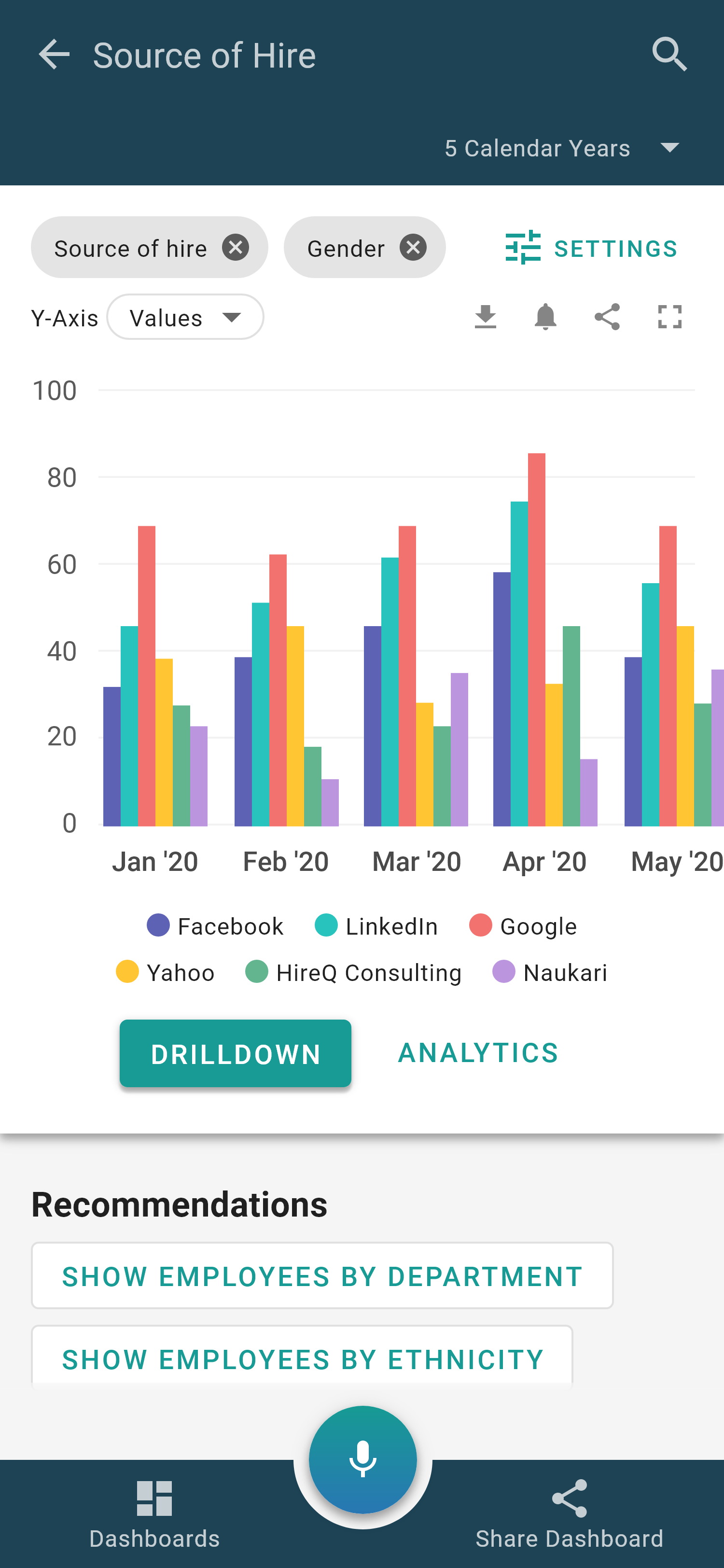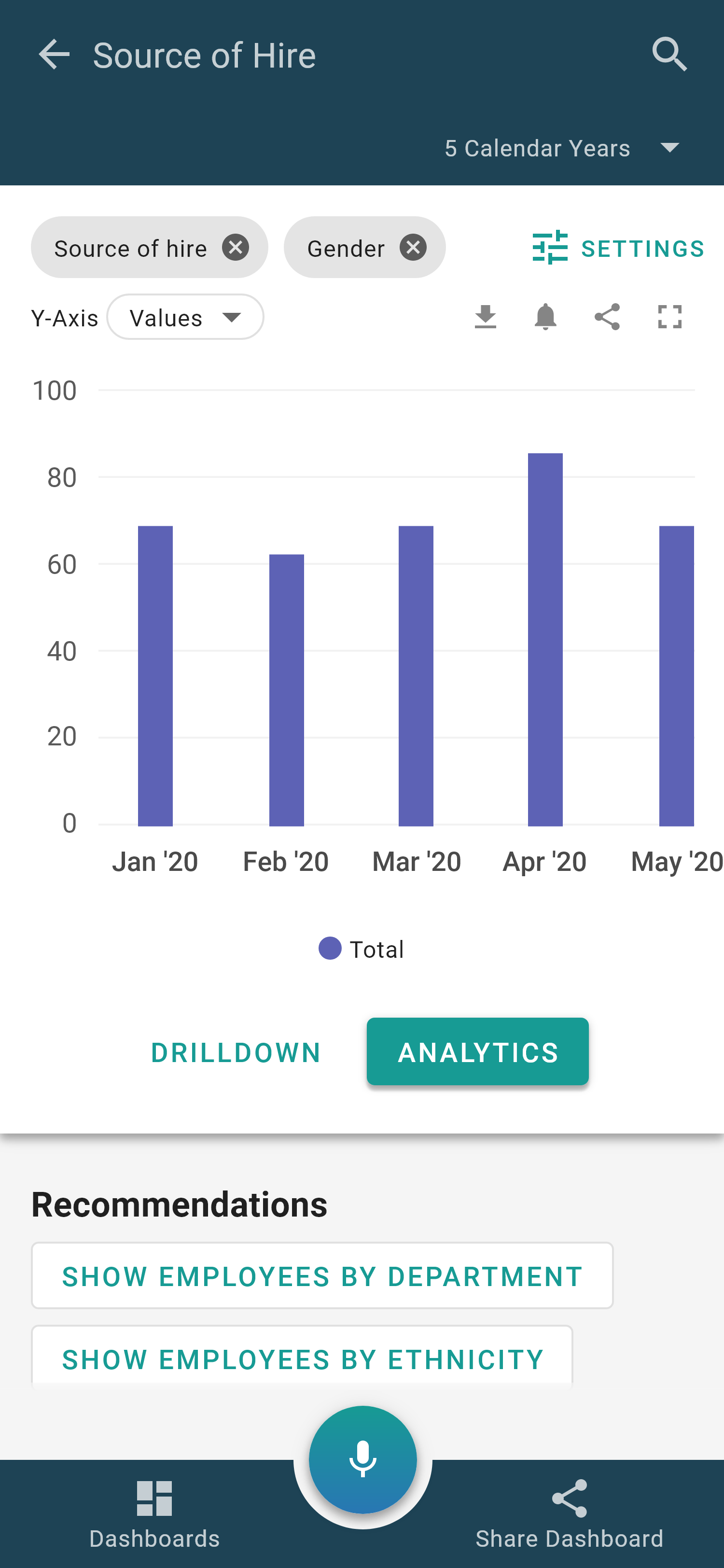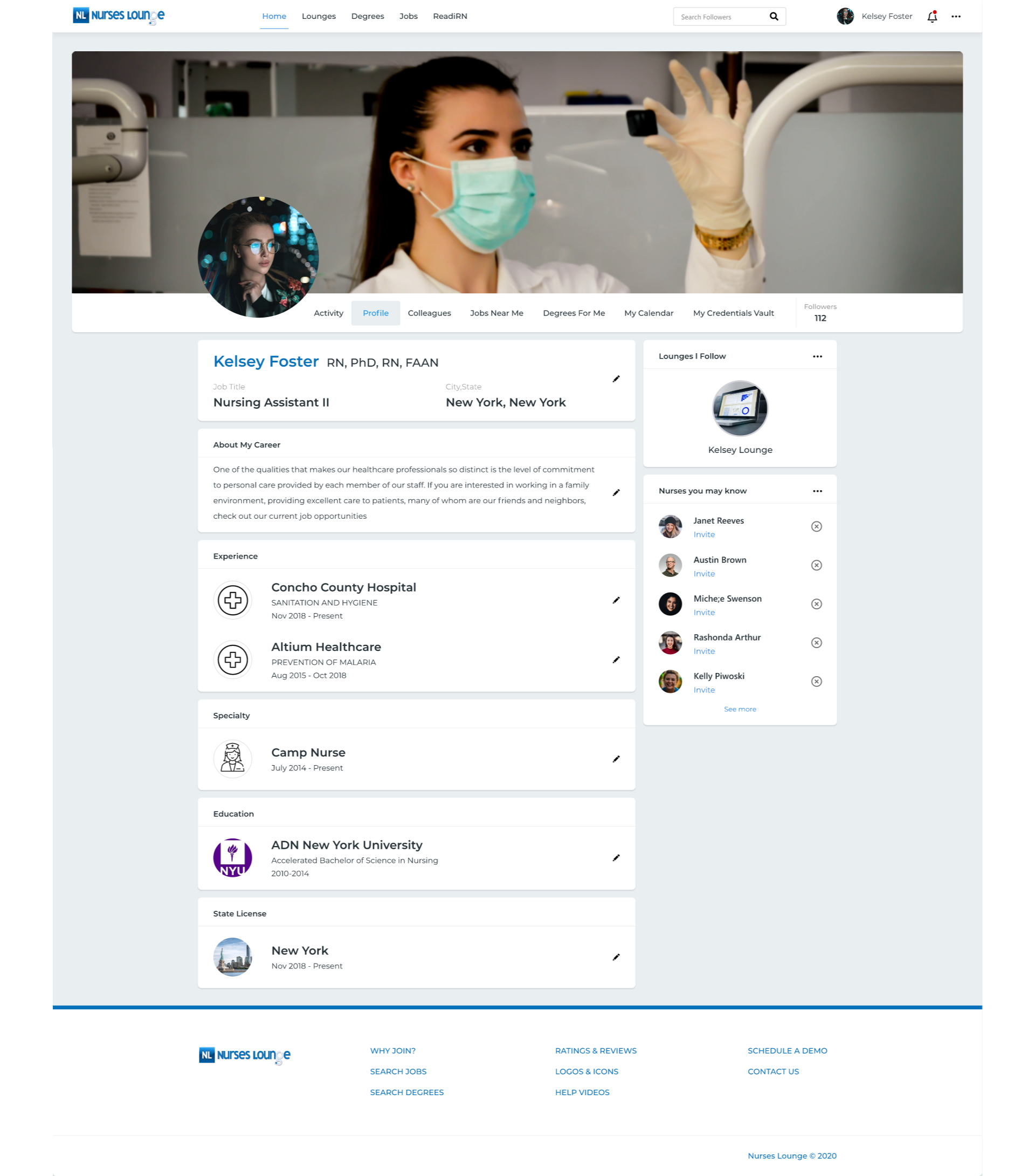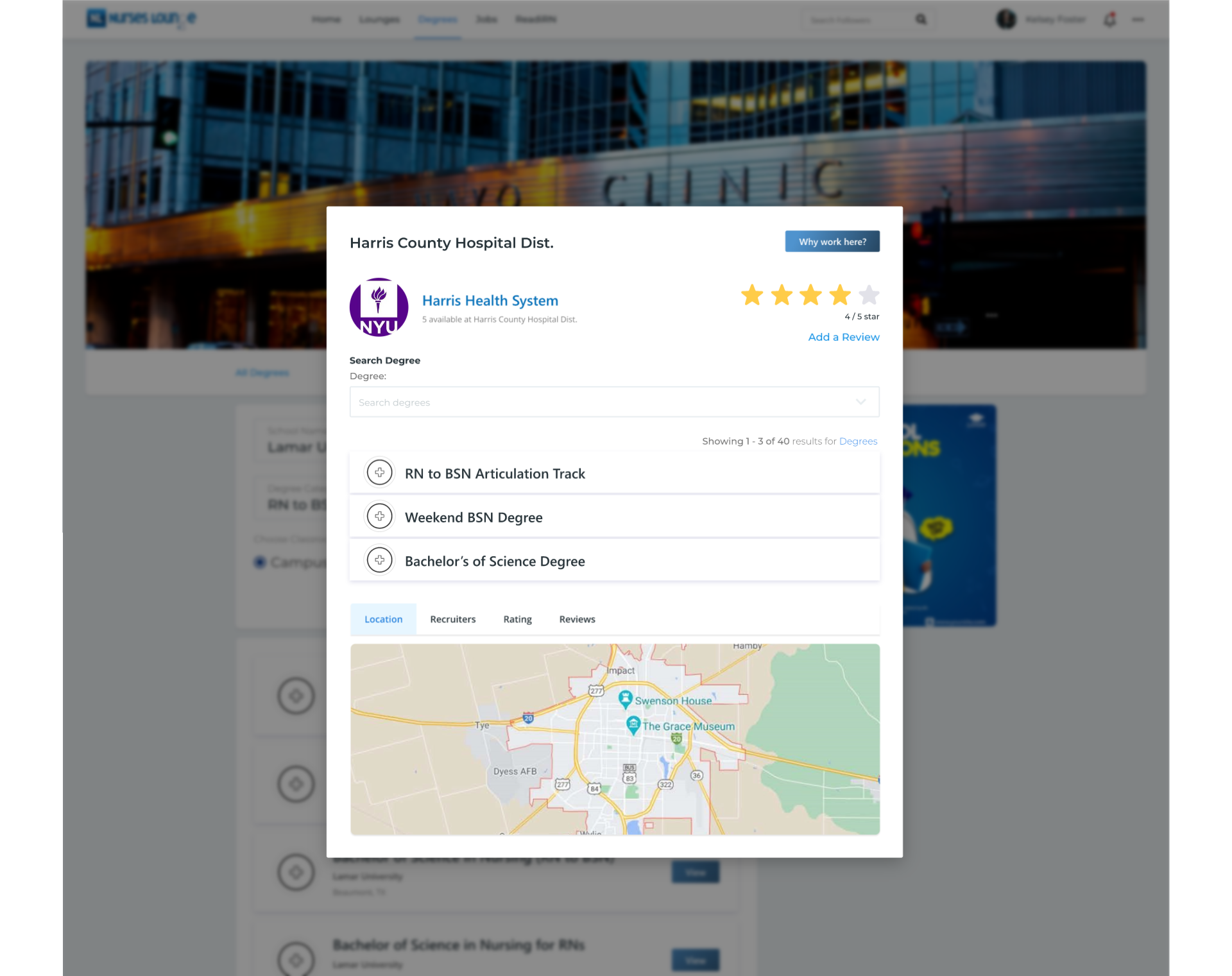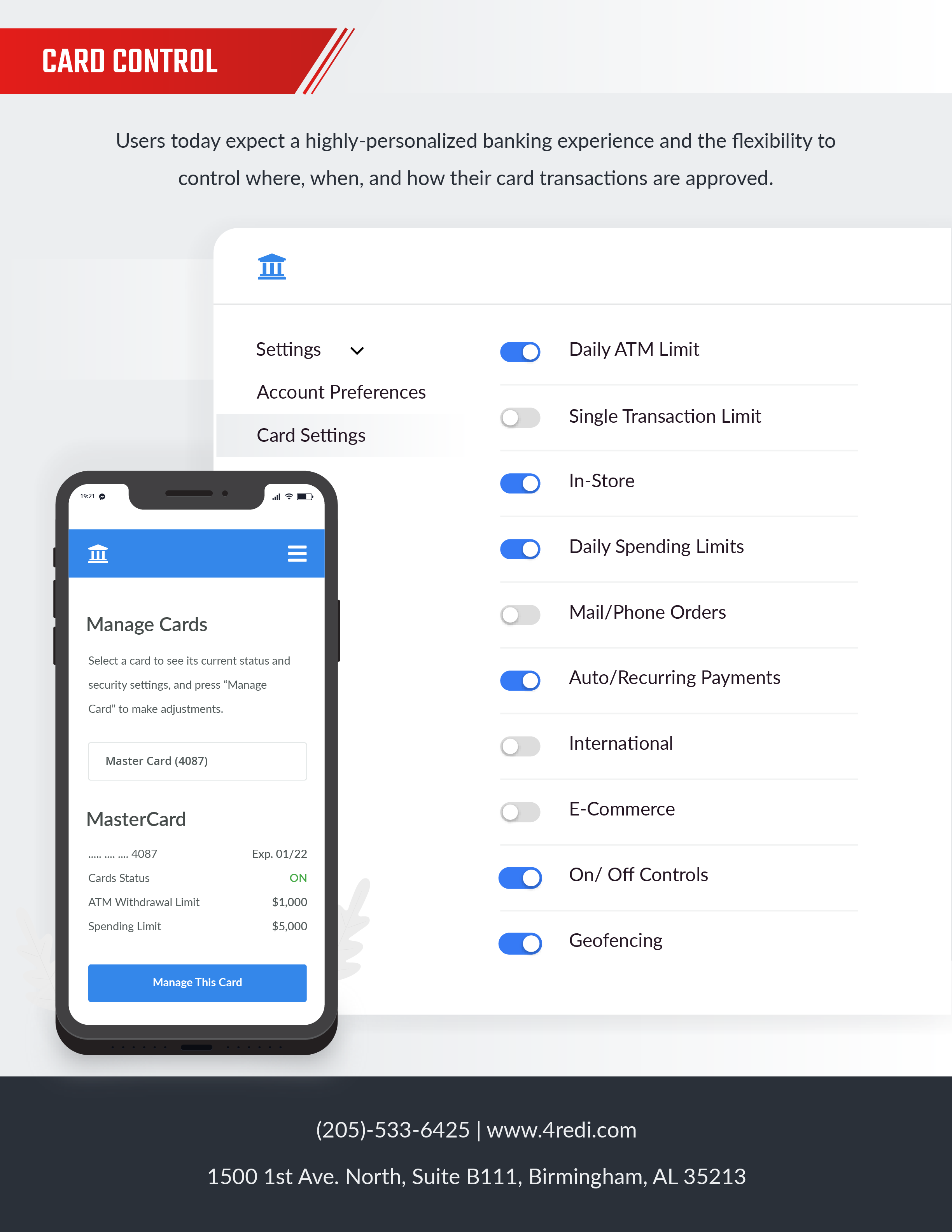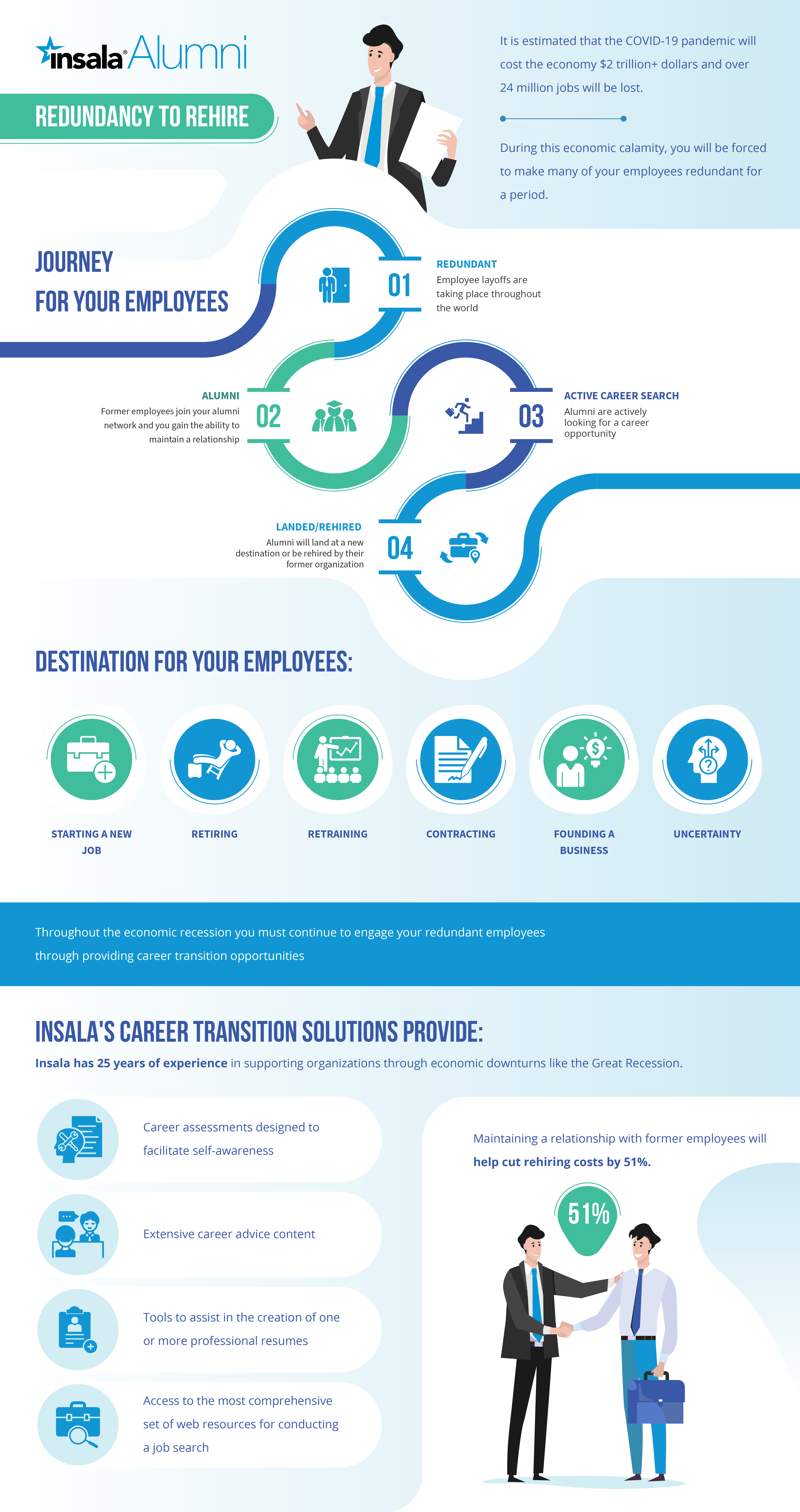The pandemic has caused a major shift in how people get work done. But what does the future hold? Will global and remote teams become the standard?
One thing is for sure: Remote work creates a lot of opportunities for employees and businesses to think differently about work, schedules, and collaboration.
As we’re all becoming more aware of the benefits, experts are seeing an impact on productivity.
A study by ConnectSolutions found that 77% of those who work remotely (at least a few times per month) show increased productivity. The study also revealed that remote workers log at least 5 hours or more per week. Some work even when they are sick or on vacation (we don’t encourage this but the convenience of remote work makes it easy to take advantage of a free hour :). Without the hassle of commuting to and from work, employees also escape the delays of road traffic or weather. With that, they are able to concentrate better at the tasks at hand rather than planning for the day ahead.
Businesses that choose to embrace both global and remote teams will have a huge advantage in attracting new talent, hiring the best, and retaining good employees. Here are some of the top benefits of hiring a global team:
- Cost Savings
Managing a globally distributed remote workforce allows you to operate without spending as much on office space, electricity, parking, furniture, and other odds and ends. Some companies are opting to divert this savings to spend more on better software and hardware for their employees. Hiring globally also lets you take advantage of “talent arbitrage.” You can locate the best talent in the most affordable countries giving you access to equivalent or even superior skills at lower costs than your local talent rates. If you compare costs on maintaining an in-office team vs a global team, you will always come out ahead! - Higher Productivity
Empowering your employees to work remotely will help your organization “keep the lights on” in more ways than one. You can leave tasks before your end of the day and know that your teams on another continent will step in to finish them before you return to the project the following day. In other words, you’ll have better efficiency by creating one continuous flow of work. Research by Globalization Partners shows that 31% of HR professionals saw productivity and efficiency as one of the main benefits for having global teams. When your team is effectively tackling tasks around-the-clock, there is a significant increase in efficiency and productivity compared to a team working exclusively in the same time zone. - Access to a Bigger Talent Pool
When recruiting a global team, you can cast a wider net on a bigger and more diverse talent pool. You’ll have access to a new workforce that can do the job… in most cases… as equally well as someone near your headquarters. You can hire sales, marketing, operations, and software development resources from countries like the Philippines or India, depending on your preference. These two countries are the most popular for hiring high quality talent at lower salaries. - Access to New Global Markets
One you’ve decided to build a remote and culturally diverse team, you get an added benefit: Your new hire will also know their local market! For example, if you’re a European EdTech company that wants to sell to South American schools, it’s easy to hire a sales or support agent in South America that has attended local schools and may have contacts to help you gain your first account. Local talent also knows the local customs, price sensitivities, and trends unique to their market. - Better Cultural Diversity and Understanding
When hiring people from different continents and cultures, their diversity and different approaches to problem solving can contribute to higher productivity rates, innovation, and organizational perspectives. In effect, global teams help develop both an interpersonal and situational awareness among teams that will help you create new and novel solutions to organizational, customer, and market challenges and opportunities. - Happier and Healthier Employees
Mental health is on everyone’s radar. Employees who work remotely are happier and more satisfied generally speaking because they have more control of their lives. An Owl Labs study revealed that remote workers are 22% happier in their careers than those who never worked remotely. A remote work set-up helps employees nurture family relationships, go to the gym more, interact with their kids more, and even use leisure hours on hobbies which can re-energize people.
It’s no wonder that more businesses are recruiting and hiring global teams and setting up virtual workspaces. As teams get comfortable with technology, asynchronous collaboration is so much easier now on Slack and Microsoft Teams. Choose the right tools that will enable you and your team to make the transition smoothly, and you’re off and running!
However just like co-located teams, a globally distributed workforce requires open communication and clear strategy from managers. Because without it, you can run into cultural and time zone friction. But the pros far outweigh the cons. Global teams are also a lot of fun! You will be surprised how much a global team can help you “see through a new set of eyes.”



